 |
| June 30, 2022 |
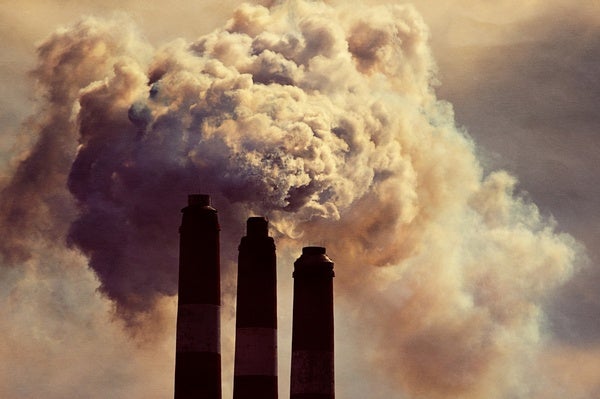 |
| |
| |
| |
| |
| |
| |
| Epidemiology What You Need to Know About Monkeypox An infectious disease expert answers questions about how the virus spreads, what its symptoms are, and how to get testing and treatment | | By Céline Gounder,Kaiser Health News | | | |
| |
| |
| |
| |
| |
| |
FROM THE STORE
 | | Truth vs Lies How do we navigate the post-truth era, when there is no longer an expectation that politicians or pundits will be honest? In this eBook, we break down the science of deception so that we can protect ourselves against it. We look at human perception and how those perceptions are influenced using technology as well as provide interventions for combating bias and antiscience thinking. *Editor's Note: This Collector's Edition was published as Truth vs Lies. The eBook adaptation contains all of the articles, but some of the artwork has been removed to optimize viewing on tablet devices. |  | | |
FROM THE ARCHIVE
 | | | |
LATEST ISSUES
 |
| |
| Questions? Comments?  | |
| Download the Scientific American App |
| |
| |






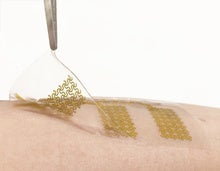
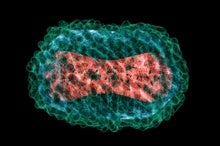

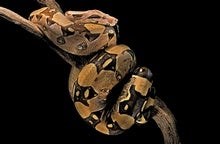
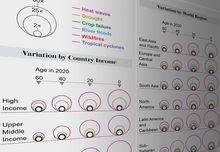
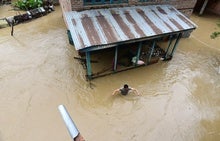
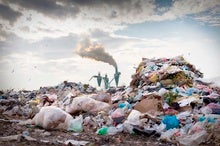

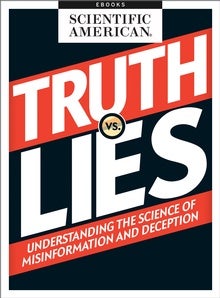

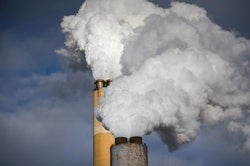
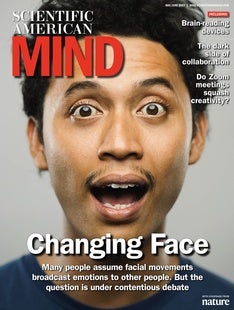

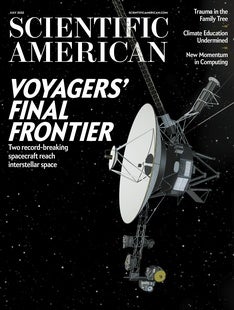
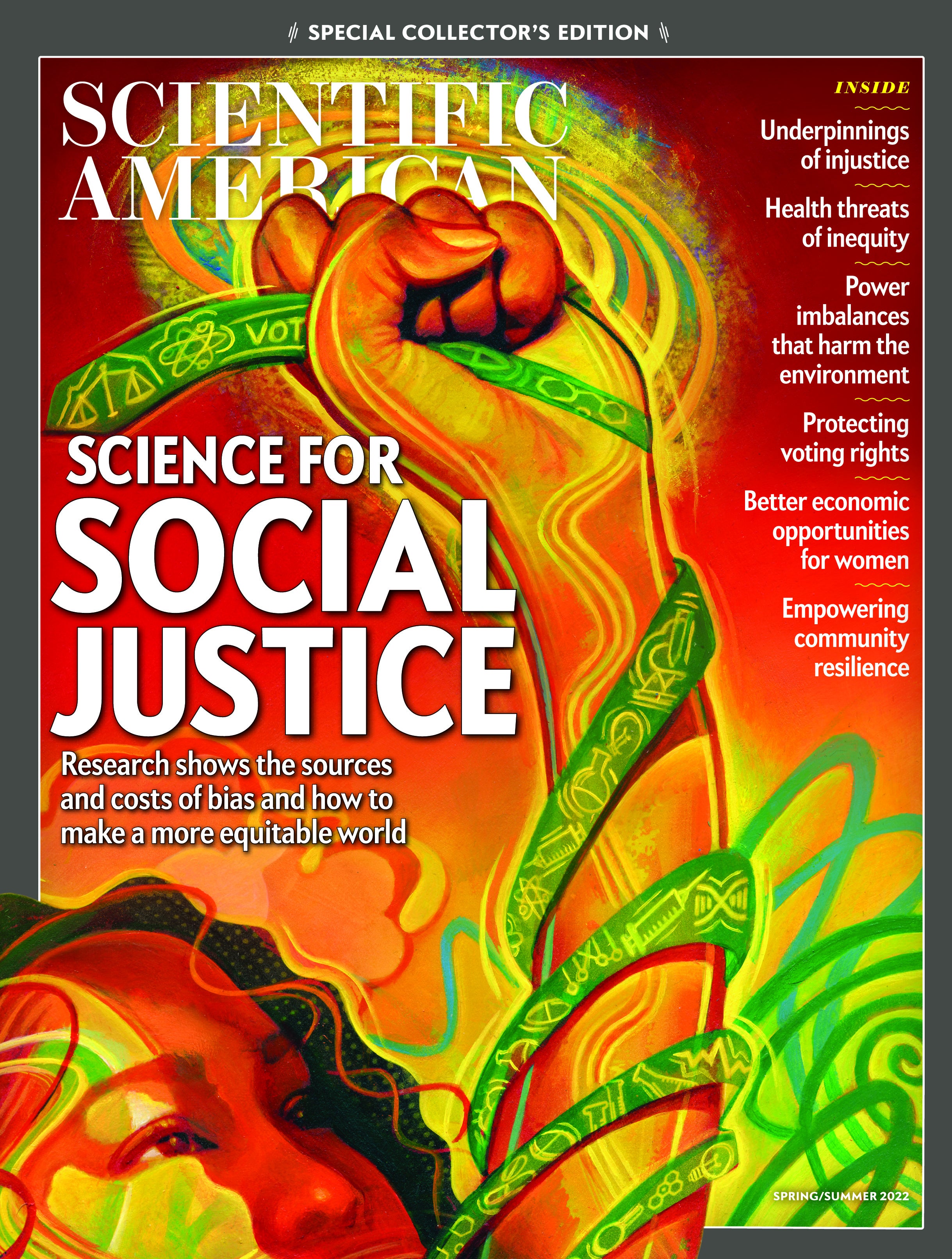
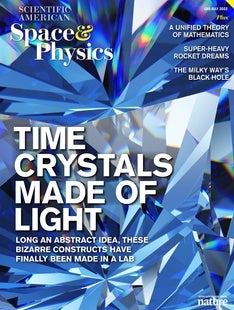



Comments
Post a Comment